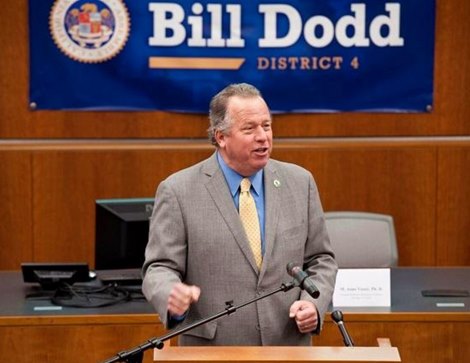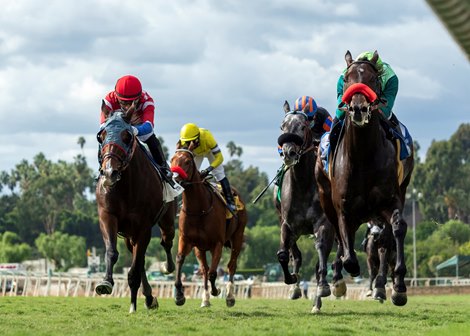The UK has extremely tight rules to prevent drugging of race horses. They run on “hay and water”. The overwhelming majority of participants in racing support these rules. Those that are found to cheat face tough sanctions, up to the termination of their racing career if “warned off” for life. Trainers can not use medications to hide injuries and unsoundness. They obviously can use them to treat problems but the horse is then off games and it will be drug tested before being allowed back on the racecourse. The training yards, which are dispersed over the country and horses travel in to the race courses, are subject to both regular and surprise inspection by the Horse Racing Authority to ensure welfare of staff and horses. However, probably the majority of drug infringements are caught because of “intelligence”, which possibly shows the general disapproval of drugs in racing.
The UK also has declining numbers of horses injured or killed during racing. The information is regularly published by the British Horse Racing Authority and is available online. The figures are consistently lower than in the USA. There is constant review of safety issues across racing and many steps are taken to ensure horses, jockeys, stable staff and spectators are as safe as possible in what is recognized to be a high risk sport. Horse racing is a significant industry as well as a passion for many.



